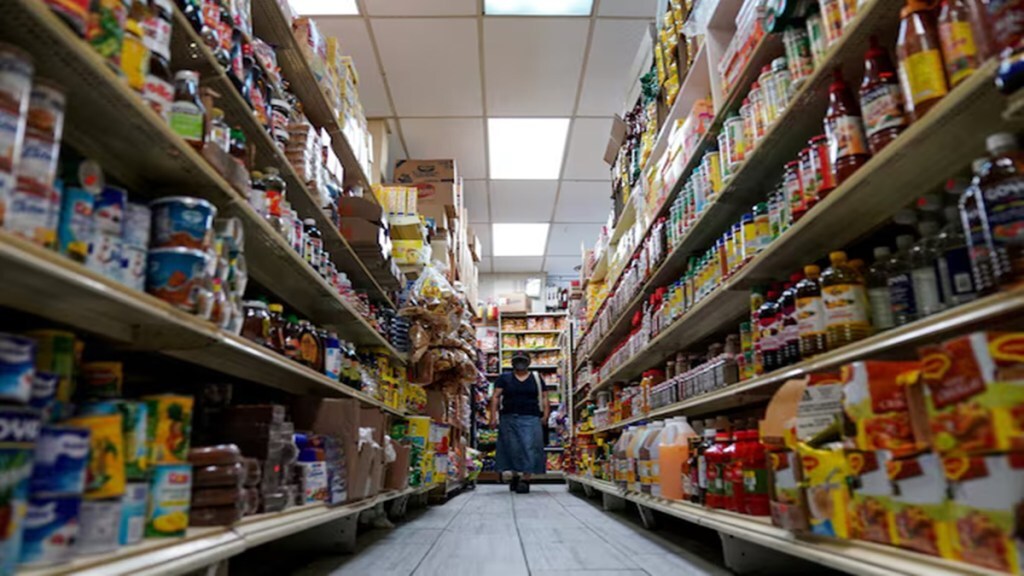Companies in the fast-moving consumer goods (FMCG) and retail sectors are urging the government to stimulate consumption through tax slab revisions and demand-boosting measures in the upcoming Union Budget. Firms also highlighted the need for investment in digital infrastructure, skill development, and job creation to rebuild weak consumer confidence.
Finance minister Nirmala Sitharaman is set to present the Union Budget on February 1.
Mohit Malhotra, CEO, Dabur India, said: “For most FMCG companies, the key ask would be measures that can help improve demand. While rural growth has been good, urban slowdown has been an area of concern for most firms. Measures to mitigate inflationary concerns, boost wage growth, and revise tax slabs will help improve consumer confidence, especially in urban areas.”
Saugata Gupta, MD & CEO, Marico, called for a continued focus on rural development while addressing moderation in urban consumption. “Investments towards infrastructure development, technology upgradation, strengthening of rural distribution networks, and employment generation will be key. These actions will directly and indirectly also enable new job opportunities,” Gupta said.
Kumar Rajagopalan, CEO of the Retailers Association of India (RAI), stressed the need to address structural challenges, enhance consumption, and simplify business processes. “A key demand from retailers is affordable financing. There is a need to provide lower interest rates to retailers to assure easier financing for retail businesses,” he said.
RAI, the apex body of organised retailers, also proposed creating a special fund, facilitated by the Small Industries Development Bank of India (SIDBI), to support independent retailers nationwide. This scheme would offer low-cost loans and relaxed regulatory guidelines, addressing a critical financing gap for small businesses.
Appliance manufacturers are seeking import duty concessions on key components and support for domestic manufacturing of electronics such as air conditioners, televisions and washing machines.
Pradeep Bakshi, MD & CEO of Voltas, stated, “While the government’s ‘Make in India’ initiative has made significant strides in reducing import dependency and generating employment, there is scope for further support in the form of subsidies and grants. This would reduce the increasing costs of imports and local production while inducing global competitiveness for OEMs and large component manufacturers.”
In his recommendations in the run-up to the Budget 2025, Anand Ramanathan, partner and leader, consumer products and retail, South Asia, Deloitte, said there was scope to expand the production linked incentive (PLI) scheme to include high-demand sub-sectors within the consumer goods industry, such as home appliances, personal care products and small consumer electronics.
“Allocate additional incentives to manufacturers prioritising domestic value addition and labour-intensive operations. The expanded policy should include simplified application processes, measurable performance-linked benchmarks and targeted benefits for MSMEs to enhance participation across all tiers of the manufacturing ecosystem,” Ramanathan said.


